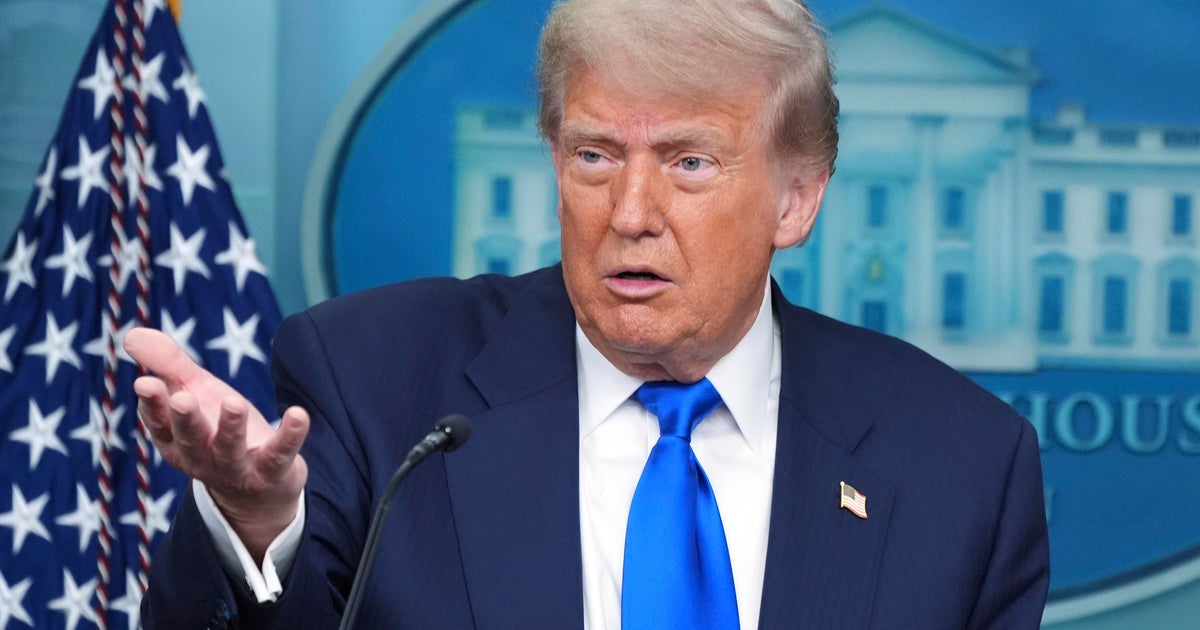US Senate Passes Trump's Landmark Tax Bill

President Donald Trump's 'Big, Beautiful Bill,' a comprehensive tax and spending package, is on the cusp of becoming law after narrowly passing the U.S. Senate. This flagship legislation, which aims to solidify key aspects of Trump's agenda, now heads back to the House of Representatives for final approval, with a self-imposed July 4 deadline looming. The bill, formally referred to as the 'One Big Beautiful Bill Act' (OBBBA), encompasses an array of controversial provisions, including the extension of the 2017 tax cuts, substantial increases in military spending, and funding for a mass migrant deportation drive. However, it also proposes significant cuts to critical social safety net programs, notably Medicaid, and changes to federal nutrition assistance, which could impact millions of Americans.
The Senate's passage of the OBBBA was a razor-thin victory, achieved by a 51-50 vote with Vice President JD Vance casting the tie-breaking vote after a bruising 27-hour session. Intense negotiations and amendments characterized the Senate debate, leading to notable tweaks from the version initially passed by the House in May. For instance, Senator Lisa Murkowski of Alaska secured a doubled $50 billion rural hospital fund to offset Medicaid cuts and a two-year exemption for her state from strict new food stamp rules. Other changes included raising the state and local tax (SALT) deduction cap to $40,000 through 2029, softening cuts to green energy tax credits, and relaxing restrictions on wind and solar projects, addressing concerns from various factions within the Republican party and industry stakeholders.
A particularly contentious component of the original bill was a provision that would have banned states from enforcing laws or regulations related to artificial intelligence (AI) for 10 years. This measure, heavily advocated by Silicon Valley leaders and Trump allies such as Microsoft Corp., Meta Platforms Inc., and venture capital firms like Andreessen Horowitz, faced strong opposition. Senator Marsha Blackburn (R-TN), a vocal critic of Big Tech's exploitation, successfully led the effort to remove this nationwide ban. Her proposal passed overwhelmingly with a 99-1 vote, reflecting widespread concern over the potential for states to be rendered 'impotent against AI.' While Blackburn and Senator Ted Cruz (R-TX) later accepted a modified version shortening the ban to five years, Blackburn maintained that this compromise was still 'not acceptable to those who need these protections the most,' specifically citing the vulnerability of kids, creators, and conservatives to AI abuses. She emphasized the importance of state-level protections, like Tennessee's Ensuring Likeness Voice and Image Security Act (ELVIS), in the absence of comprehensive federal legislation, noting that over 1,000 AI bills have already been proposed at the state level. The only senator to support keeping the original 10-year AI provision was Senator Thom Tillis of North Carolina.
The bill has drawn fierce condemnation from Democrats, who have labeled it a 'disgusting abomination' and the 'big ugly betrayal.' Critics, including Senate Minority Leader Chuck Schumer, warn that the legislation would add an estimated $3.3 trillion to the federal deficit by 2034, leave millions uninsured (Congressional Budget Office estimates suggest 11.8 million), cause job losses, and lead to a historic redistribution of wealth from the poorest Americans to the richest. Elon Musk, a former Trump ally, also voiced strong opposition, threatening to fund primary challenges against Republicans who supported the bill and even to launch a new 'American Party' if it passed. Trump, in turn, escalated tensions with Musk, hinting at scrutinizing federal subsidies for his companies like SpaceX and Tesla. Republican leadership, including House Speaker Mike Johnson, is now tasked with navigating internal party dissent and a slim majority to secure the bill's passage in the House. Johnson acknowledged that the Senate's tweaks 'went a little further than many of us would have preferred' but expressed confidence in delivering 'Trump's America First agenda' by the July 4th deadline. If successful, the OBBBA would represent a significant legislative triumph for President Trump, cementing a contentious yet impactful legacy.
You may also like...
Changing Cultures: How Africa Sips It's Alcohol

Discover which countries sip the most alcohol in Africa, and the health impacts this could have on the long run.
SEC Confirms Ripple's Victory: Legal Battle Concludes as Fundraising Greenlit!

The U.S. Securities and Exchange Commission has concluded its lengthy legal battle with Ripple, issuing a critical waive...
Legal Firestorm: South Korean Ex-President's Wife Targeted in High-Stakes Arrest Warrant

South Korean investigators have secured an arrest warrant for Kim Keon Hee, the wife of jailed former President Yoon Suk...
ASEAN-Brokered Breakthrough: Thailand & Cambodia Edge Closer to Historic Border Deal

Thailand and Cambodia engaged in high-level talks in Malaysia, initiated by ASEAN, to address escalating border tensions...
Kenya's Central Bank Slashes Key Rate to 9.5%: Economic Impact Looms

Kenya's Central Bank has lowered its benchmark rate to 9.50 percent, continuing its policy to stimulate economic activit...
Is Humanity Trading Connection for AI Comfort? A Deep Dive

As individuals increasingly turn to AI for emotional support, questions arise about the erosion of human connection. Thi...
Local Tragedy: Hotel Under Construction Collapses in Edo, Claims Owner's Life

A hotel under construction in Uromi, Benin City, collapsed, tragically killing its owner, Andrew Isesere. Eyewitnesses a...
Naked Gun Remake Delivers Laughs, Neeson & Anderson's Chemistry Wows!

This season's film releases offer a diverse lineup, highlighted by the highly successful "The Naked Gun" remake, starrin...



